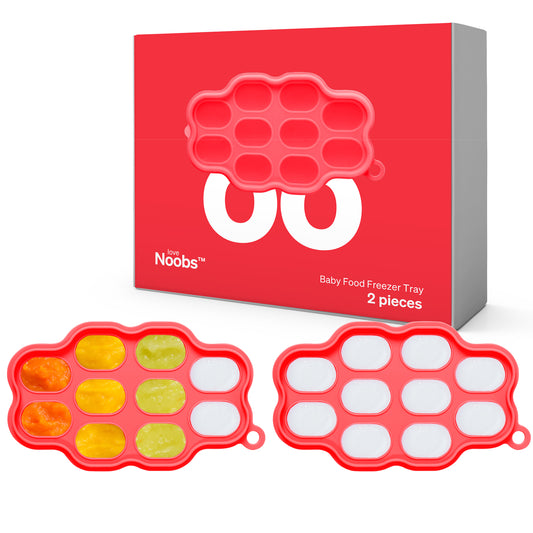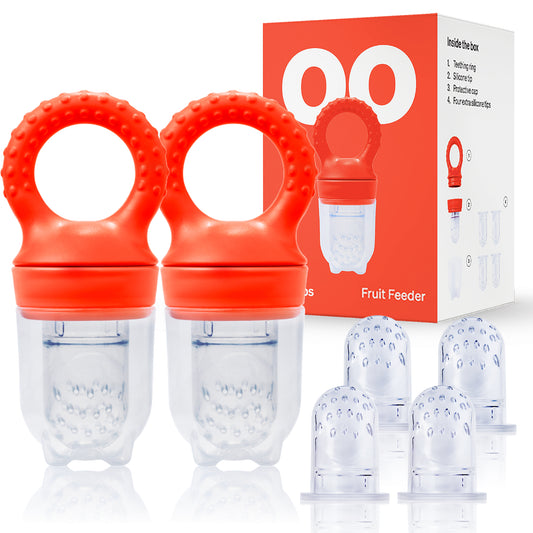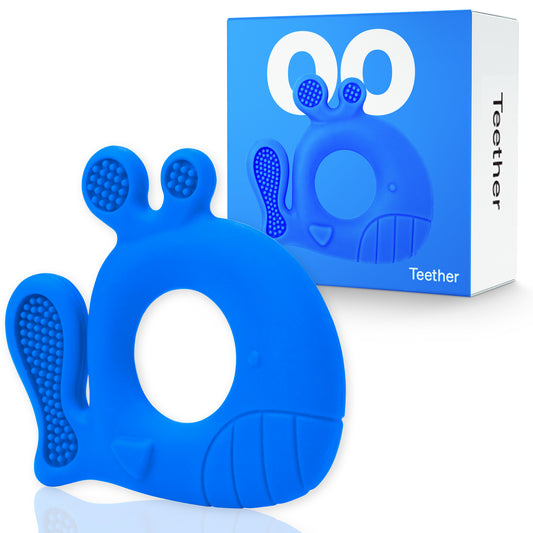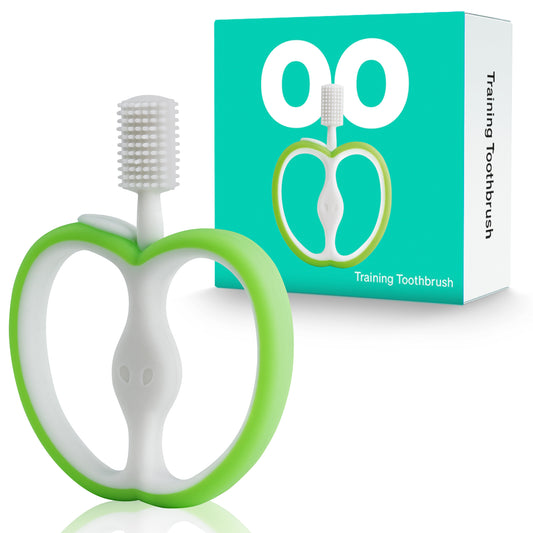It's no secret that babies go through plenty of changes in their first year of life. One of the most noticeable changes is the appearance of their first tooth! While this milestone is an exciting time for parents, it can also be a trying time for both baby and parent alike because you might not know the cause of the symptoms. That's why it's important to be prepared with the information and resources you need to help your little one through this phase.
- Teething Timeline
Teething can be tough on both the child and the parent. But it doesn't have to be a total nightmare. With a little preparation and information, you can help your child through this tough time. One of the most important things you can do is to know what to expect with the symptoms.
Teething typically starts around 6 months old, but every baby is different. Some children may start earlier, while others may not start until closer to 1-year-old. And while most children will get their first tooth by 12–15 months old, some may not get their first tooth until they're 18–24 months old. The two bottom front teeth (central incisors) are usually the first to appear. Then they will move on to the two top front teeth (central incisors), followed by the four molars in the back of the mouth. By 3 years of age, most children will have 20 primary teeth.
Knowing the timeline of teething can help you be prepared for when your baby starts going through it. It also helps to understand that teething can last for several months - it's not just a one-time event. So don't be discouraged and be patient if your baby seems to be teething off and on for several weeks or even months. It's totally normal!
Finally, remember to take care of yourself too! Teething can be exhausting for the child, but it is exhausting for you too, so make sure you're getting enough rest and taking breaks when you need them.
- How to Soothe a Baby During Teething
While there is no perfect way to soothe a baby during teething, there are some things you can do to help them get through the symptoms. Here are some tips on how to calm a baby during teething:
- Offer your baby something to chew on. If your baby is in pain, giving them something to chew on can help their gums feel better. You can offer your baby a pacifier or teether.
- Give your baby plenty of cuddles and kisses. Nothing says, "I love you" quite like a hug from mom or dad! Giving your little one plenty of hugs and kisses can help them feel secure and loved during this difficult time.
- Try using a cool or cold object on your baby's gums. Some babies find relief when using a cool or cold object on their gums. You can put your teether in the fridge before use. Just make sure you don't leave the object on your baby's gums for too long, as this could be uncomfortable for them.
- Give your baby something to drink with each feeding. When your baby is teething, they may struggle to eat as much as they normally do because of the sore gums. To make sure they get enough fluids, give them something to drink with each feeding (such as breast milk, formula, or even water).
- Finally, make sure to keep an eye out for any signs of fever or other health issues that may be associated with teething—if you notice any signs of distress, contact your doctor right away for medical help.
With these tips in mind, you should be able to help keep your little one comfortable during this difficult time. Keep in mind that teething is only temporary—before long, you’ll have a beautiful smile on your hands!
- Why Dental Health is Important for Babies & How to Prevent Future Problems
It goes without saying that dental health is of the utmost importance for babies, especially in their formative years. Not only does it keep their mouths healthy and promote good oral hygiene habits, but it can also help to prevent serious diseases and conditions down the line. Doctors say that poor dental hygiene causes cavities, gingivitis, and even tooth decay if left untreated.
One of the most important things you can do for your baby's dental health is to start them off on the right foot by teaching them good oral hygiene habits from an early age. This means regular brushing, as well as visits to the dentist every six months. These practices will help ensure that your child's teeth are healthy and strong and will set them up for a lifetime of good oral health!





